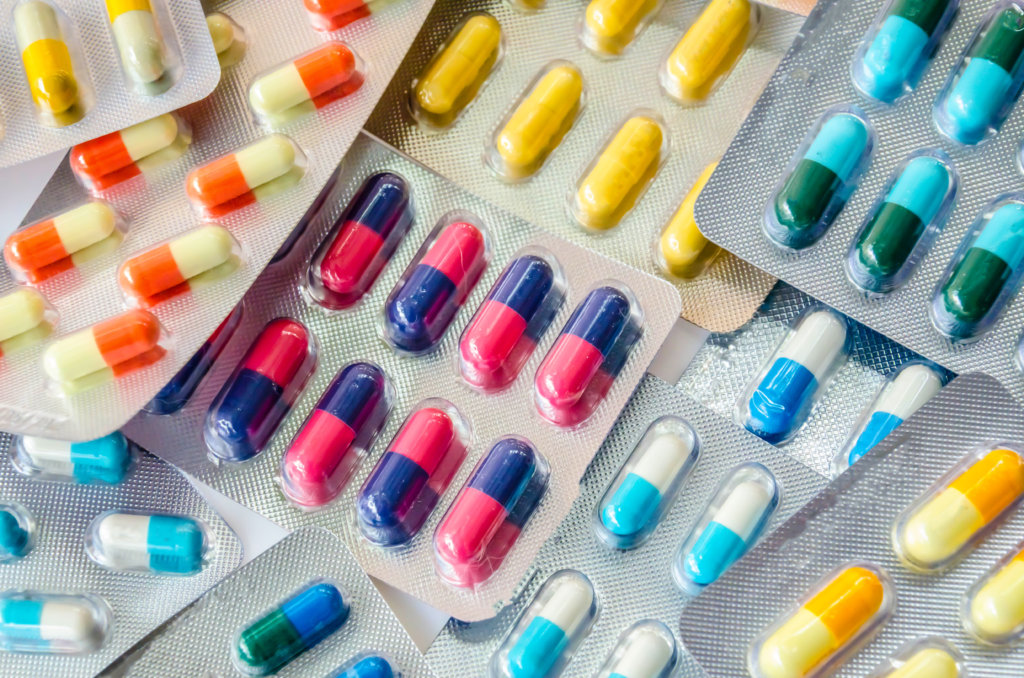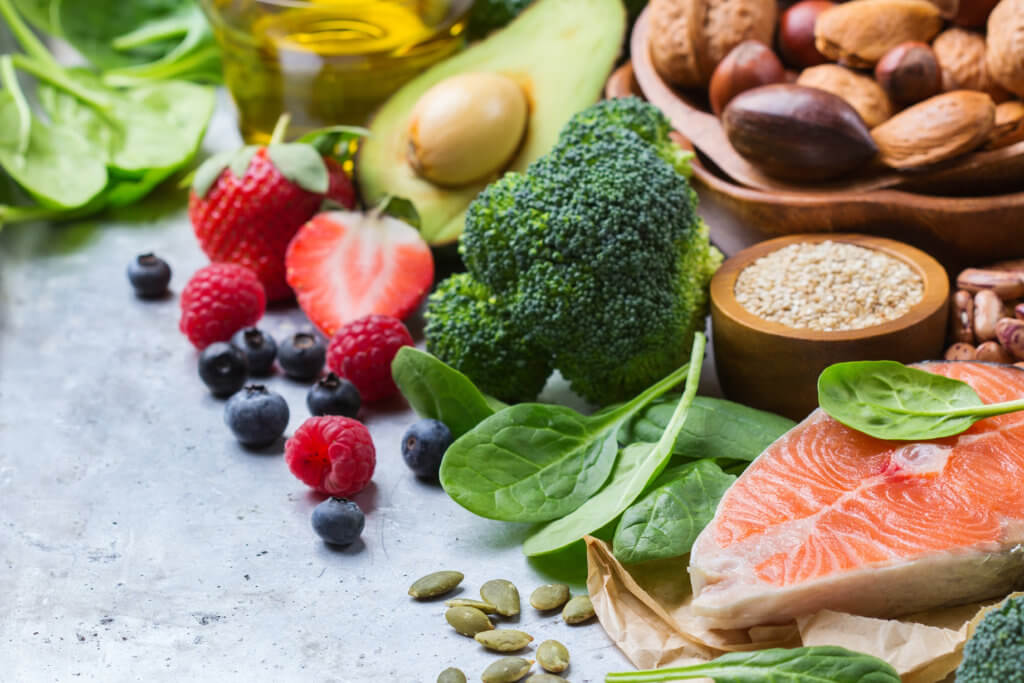What is Probably Standing Between You and Weight Loss
Until recently, it was thought the bacteria taking up residence in your intestine did not affect much else outside of your gut. However, new research shows that the trillions of microbes, also known as microbiota, in your digestive system could be influencing your metabolism and, in turn, your weight. In short, the bacteria in your gut may be the secret to losing weight.
What we know about gut bacteria and weight loss
The human gut is made up of up to 100 trillion microbial cells that influence metabolism, nutrition, and immune function. A study in the journal Cell found that those who host a higher amount of the type of bacteria called Christensenellaceae in their gut are associated with being slim while those who have less of the bacteria are linked to being obese. Do not worry, there is good news, most of us possess this bacteria – it was found in 96 percent of the study samples – and it may even be possible to change our levels of gut bacteria to aid weight loss.

However, Christensenellaceae is not the only gut bacteria that may affect weight loss. Having a diverse mixture of microbes in the gut may be essential to staying slim. Research actually found that thinner people have 70 percent more gut bacteria, meaning a more diverse microbiota, than that of their overweight peers. The correlation is so consistent that researchers could tell which twin was overweight or lean based solely on their gut microbes.
While the exact impact of the weight loss-gut bacteria link is not entirely known yet, many researchers believe that gut microbiota play a role in helping to determine how many nutrients and calories your body absorbs as well as having a role in processing food.
Additionally, gut bacteria may affect how hungry you get. A key microbe seems to be Helicobacter pylori, the bacterium that contributes to causing ulcers and stomach cancer. Antibiotics have helped reduce H. pylori infections by half, which is great for those who suffer from ulcers, but may be detrimental to waistlines. H. pylori also cuts back on the stomach’s production of ghrelin – or the hunger hormone. When you eat your level of ghrelin typically goes down, but if you do not have H. pylori it does not.
Antibiotics, gut bacteria, and weight loss

Antibiotics come in more forms than the ones you consume when you have a bacterial infection. The food industry heavily relies on antibiotics, which get put in livestock feed to keep the animals healthy, but may also be fueling the rise of obesity by disrupting our intestinal microbes.
Obesity has risen significantly since the late 1970s. In 2001, a report by the Union of Concerned Scientists found that nearly 90 percent of the total use of antimicrobials in the U.S. was for non-therapeutic purposes in agricultural production. Today, 80 percent of the antibiotics sold in the U.S. go towards helping animals stay healthy and gain weight in crowded facilities. This is not to say antibiotics are the sole reason for the increase in obesity, but they may play a part.
How to keep your gut bacteria healthy

1. Up your fiber intake
Increasing your fiber intake is imperative for bettering your gut bacteria and, in turn, hopefully losing weight. Research has shown that fiber nourishes your microbes, making them more diverse and more likely to keep you at a healthy weight. Find your fiber in fruits, vegetables, and whole grains. You should aim for 20 to 30 grams of fiber a day.
2. Cut out the sugar
The average person consumes more than 22 teaspoons of sugar a day and it is this consumption that could be negatively affecting our gut flora. Bacteria needs complex carbohydrates, like whole grains and legumes, to survive. When your body starts getting too many calories from sweets you begin to starve your microbes. They then will either die or adapt and feed on the mucus on inside your intestines. Experts believe this could lead to low-level inflammation, a condition linked to obesity.
3. Choose probiotic foods
Probiotics are like the seeds to your microbial garden while prebiotics are like fertilizer. Fermented foods like yogurt, kefir, sauerkraut, and miso are all high in probiotics. A study in the New England Journal of Medicine found that among all foods studied, yogurt was most strongly correlated with weight loss. The average person gained about a pound a year while those who ate yogurt regularly lost weight.
4. Get moving
Aside from aesthetic, mental, and emotional improvement, exercise may also diversify your microbes. A study found that exercisers with a normal BMI had more diverse microbes than exercisers with a high BMI. The lower BMI athletes also had higher levels of Akkermansiaceae, a type of bacteria linked to lower obesity rates.
